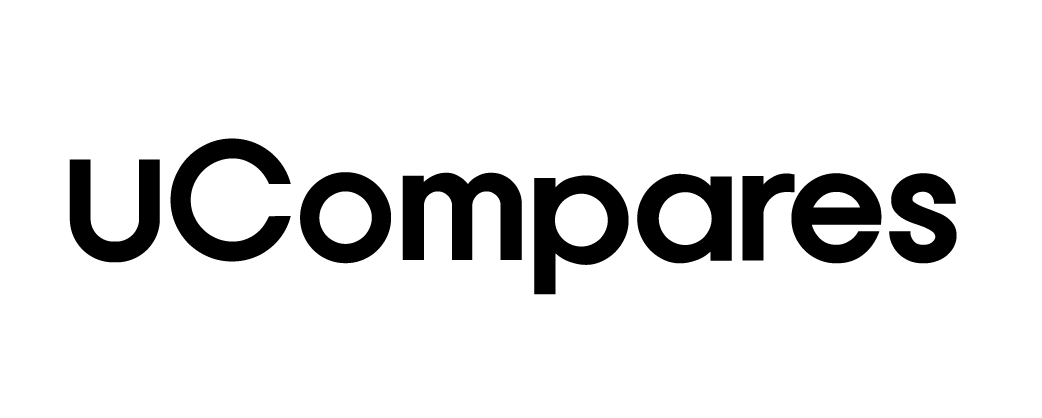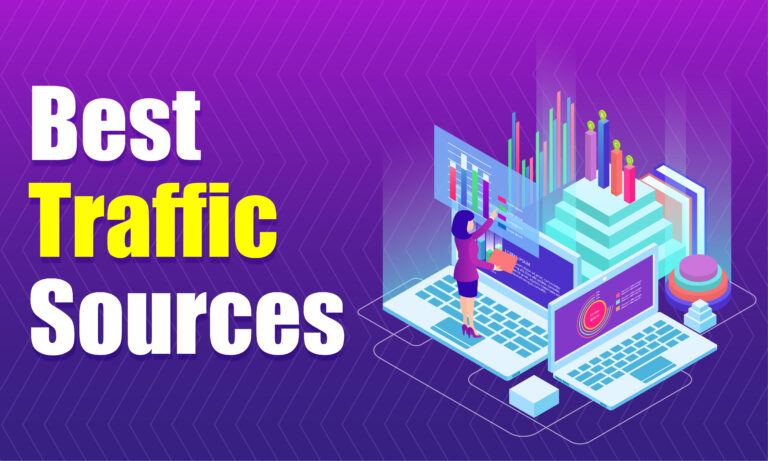Are you looking to increase the number of visitors to your website? Having diverse and effective traffic sources is crucial for driving growth and ensuring your online presence remains strong. In this comprehensive guide, we’ll explore the 15 best traffic sources for 2025, helping you understand how to leverage them to increase website traffic and grow your business.
What is a Traffic Source?
A traffic source is the origin of website visitors or the channel through which people find your site. These sources can include search engines, social media platforms, direct URL entries, paid advertisements, and various other digital marketing methods. Understanding your traffic sources can help you optimize your marketing efforts, drive more qualified leads, and ultimately boost your conversion rates.
Why Do Traffic Sources Matter for Your Website?
Knowing where your traffic comes from is essential for determining which marketing strategies are most effective. By analyzing traffic sources, you can allocate resources efficiently, improve your return on investment (ROI), and focus on channels that generate the highest quality leads.
Best Traffic Sources in 2025
Here is the list of the top 15 best traffic sources in 2025:
- Organic Search
- Social Media
- Paid Advertising
- Email Marketing
- Direct Traffic
- Affiliate Marketing
- Influencer Marketing
- Referral Traffic
- Video Marketing
- Podcast Promotion
- Content Syndication
- Community and Forum Engagement
- Web Push Notifications
- Press Releases
- Guest Blogging
1. Organic Search
Organic search remains one of the most valuable traffic sources for websites in 2024. It refers to the visitors who find your website through unpaid search engine results. Optimizing your website for search engines (SEO) can significantly improve your visibility and drive long-term, sustainable traffic. Techniques like keyword research, on-page optimization, backlink building, and content creation play a pivotal role in improving organic search rankings.
Key benefits:
- High-quality, long-term traffic
- Cost-effective compared to paid channels
- Builds credibility and trust
2. Social Media
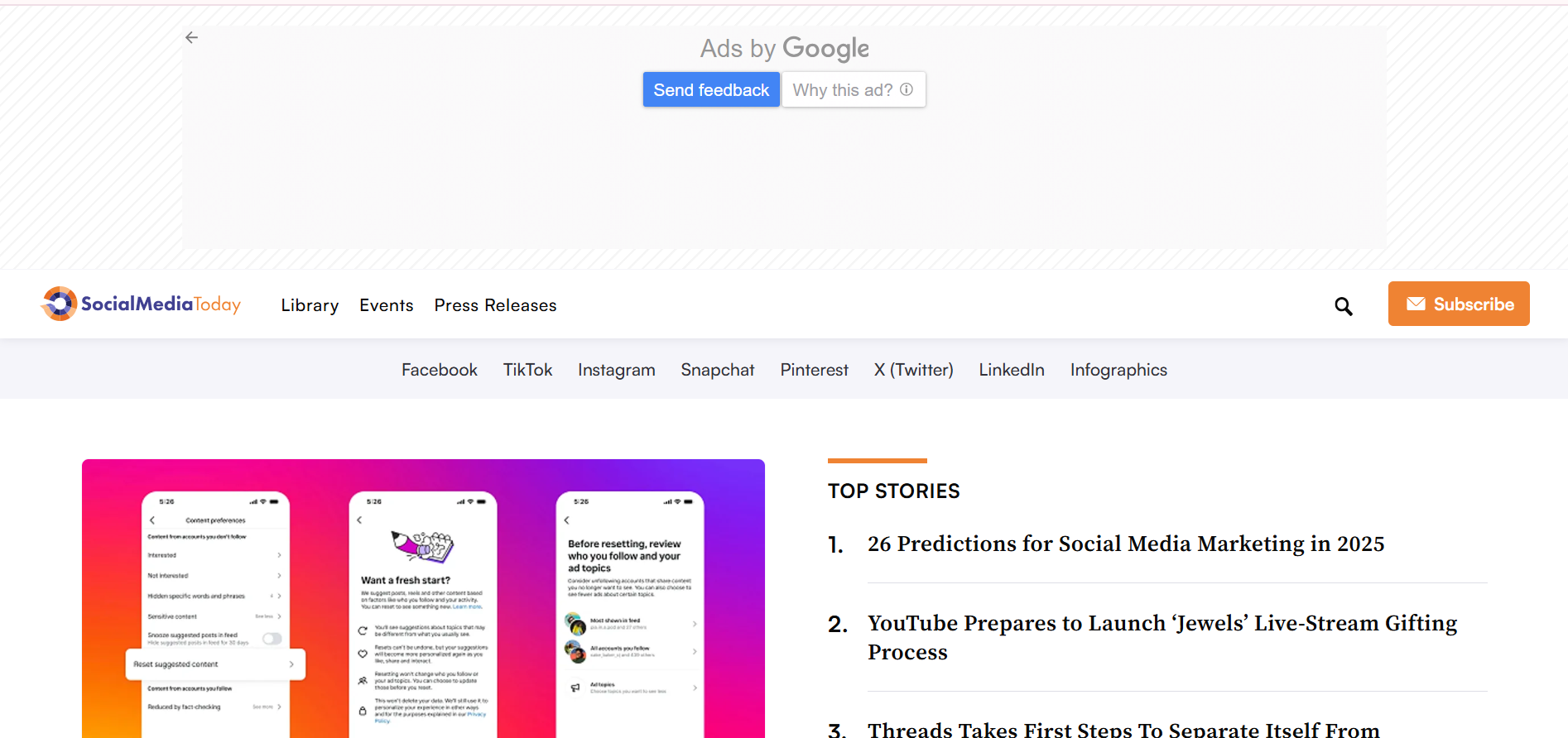
Social media platforms such as Facebook, Instagram, LinkedIn, Twitter, and TikTok are valuable traffic sources due to their vast user bases. In 2024, social media remains a powerful tool for driving traffic, engaging with your audience, and building brand awareness. Creating engaging content, using social media ads, and leveraging user-generated content can help increase your reach.
Key benefits:
- Great for community building
- Drives traffic to content and product pages
- Allows for targeting specific demographics
3. Paid Advertising
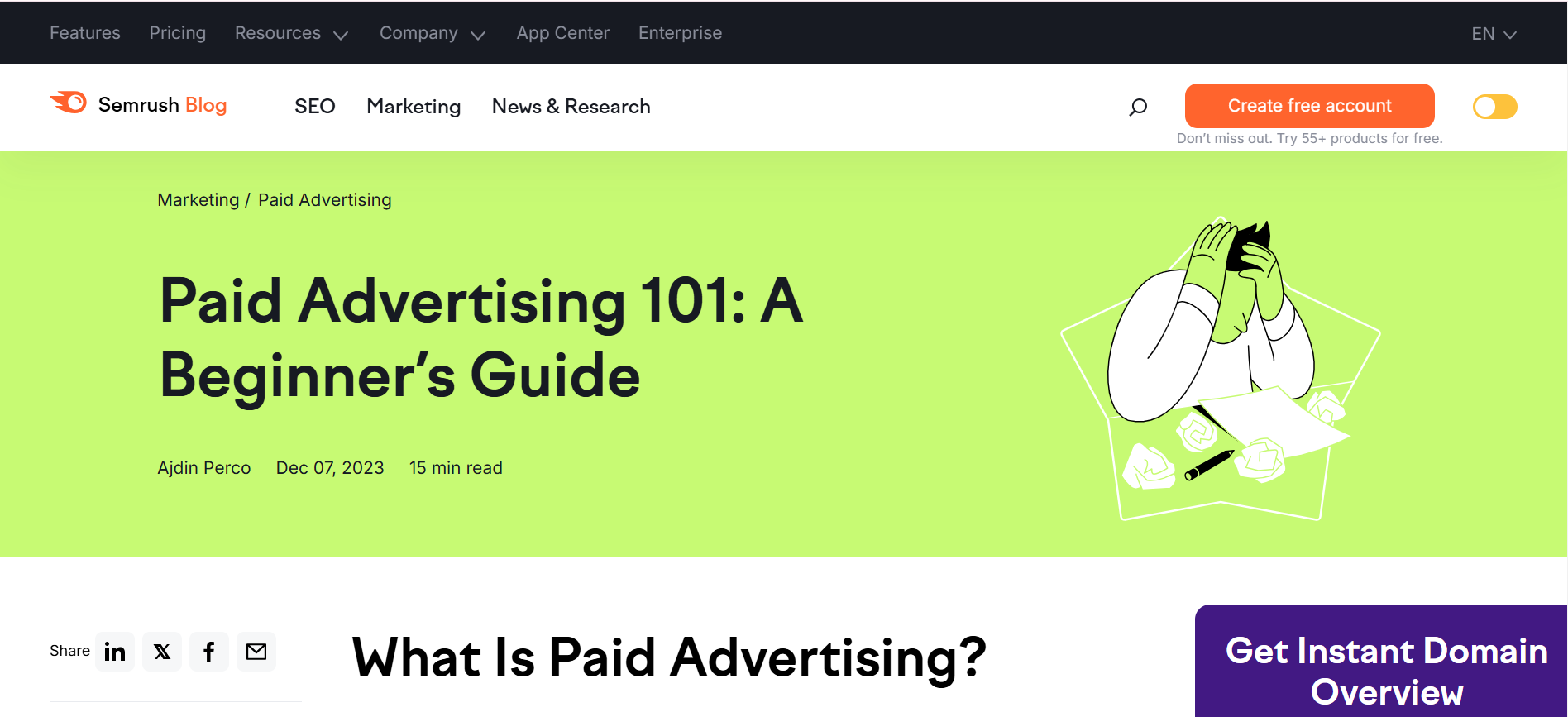
Paid advertising, including Pay-Per-Click (PPC) campaigns on Google Ads, Bing Ads, and social media ads, is an excellent way to generate traffic quickly. With the right targeting strategies, paid ads can bring a large volume of relevant visitors to your website, resulting in higher conversions.
Key benefits:
- Immediate traffic boost
- Precise targeting options
- Suitable for lead generation and e-commerce sales
4. Email Marketing
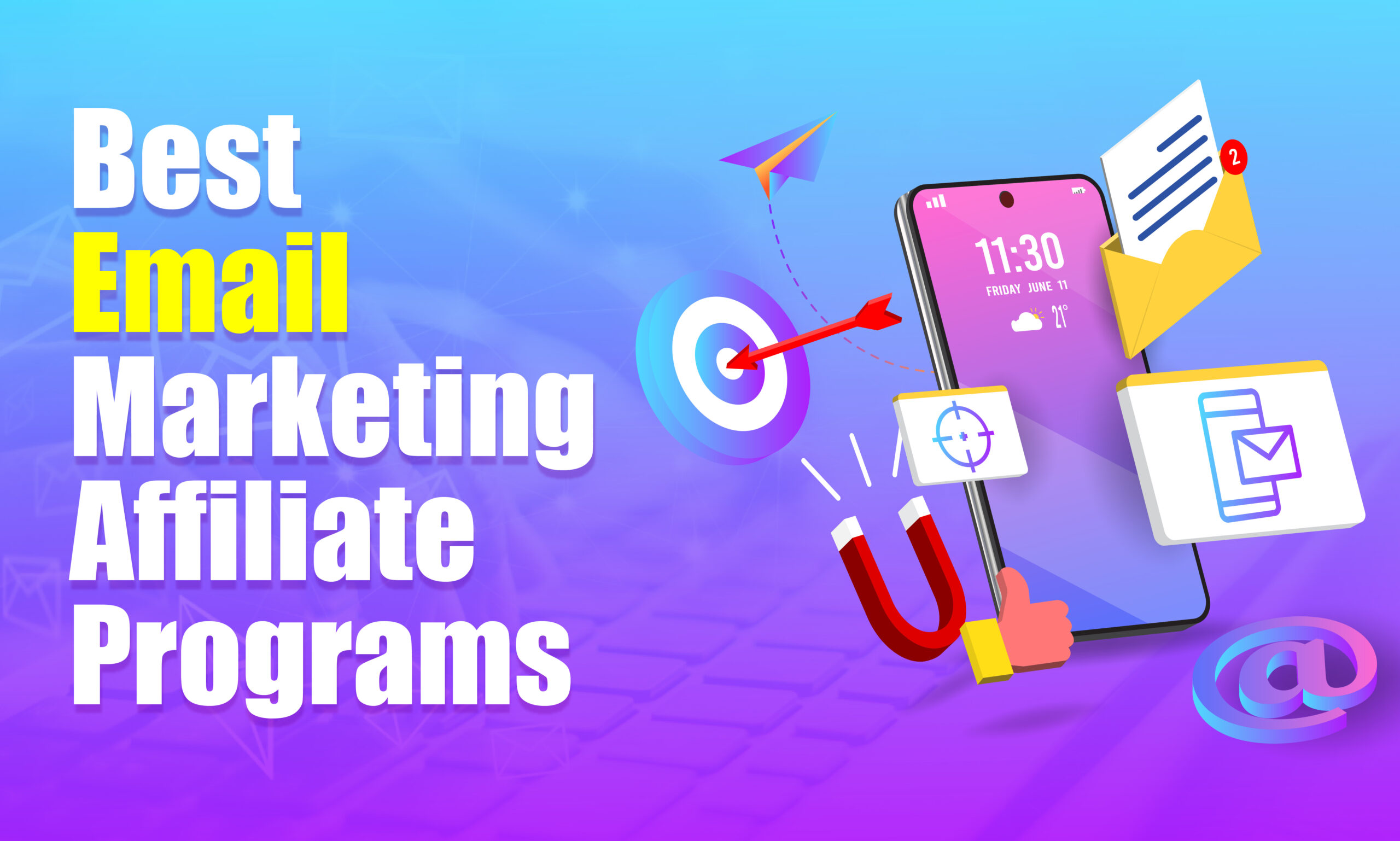
Email marketing remains a highly effective method for driving traffic, especially for nurturing existing leads and keeping your audience engaged. In 2024, personalized email campaigns, automated sequences, and segmentation are essential for driving traffic back to your website and converting subscribers into customers.
Key benefits:
- Direct communication with your audience
- High ROI
- Effective for repeat traffic and conversions
5. Direct Traffic
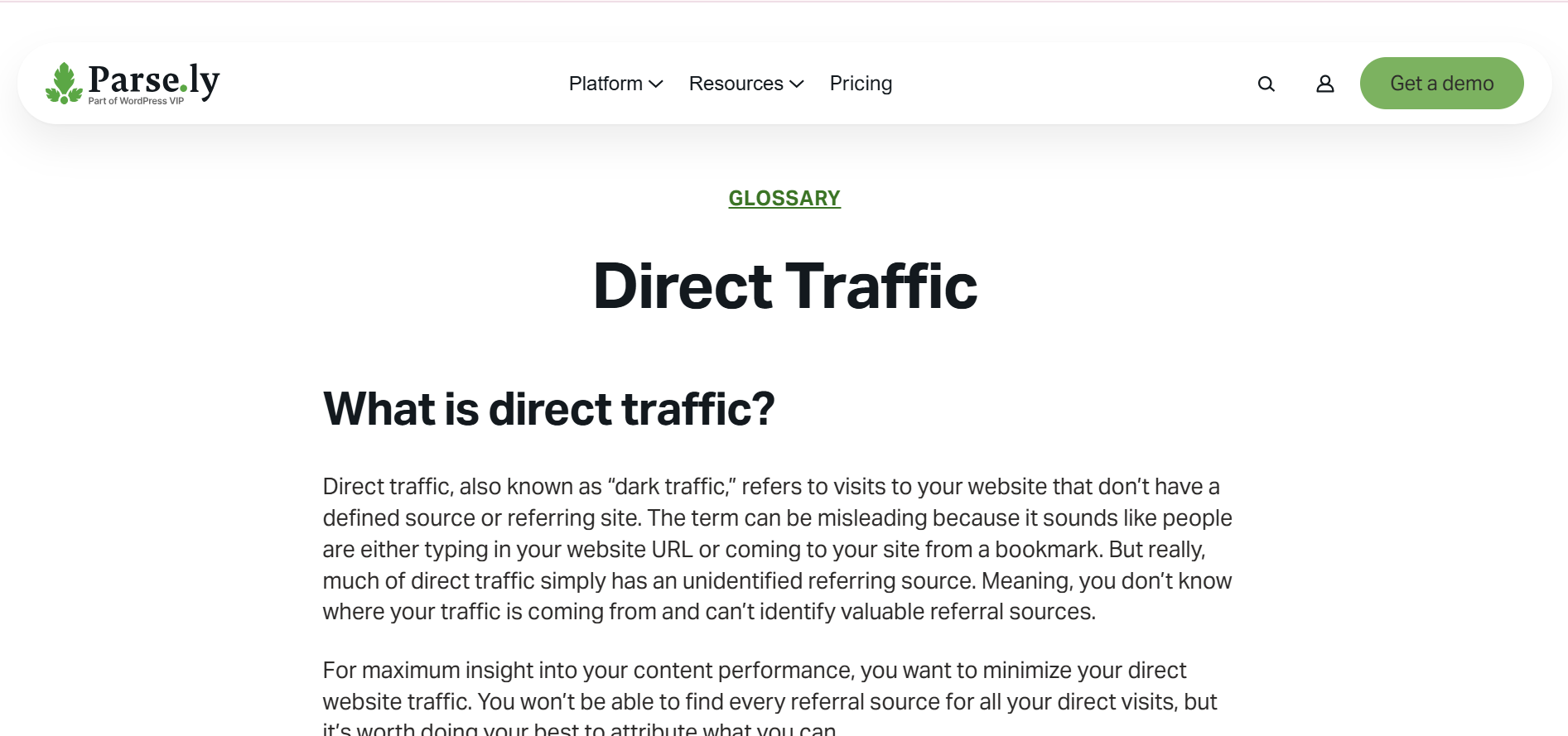
Direct traffic occurs when visitors enter your website URL directly into their browser. This often indicates strong brand awareness or a loyal customer base. While direct traffic can be challenging to increase deliberately, methods like consistent branding and memorable domain names can contribute to higher direct visits.
Key benefits:
- Reflects brand recognition
- Often leads to lower bounce rates
- Indicates strong audience loyalty
6. Affiliate Marketing
Affiliate marketing involves partnering with other websites or influencers who promote your products or services in exchange for a commission. In 2024, affiliate marketing continues to be a reliable traffic source for e-commerce websites, as affiliates can drive high-quality traffic that is more likely to convert.
Key benefits:
- Performance-based cost structure
- Expands your reach through partners
- Ideal for e-commerce businesses
7. Influencer Marketing
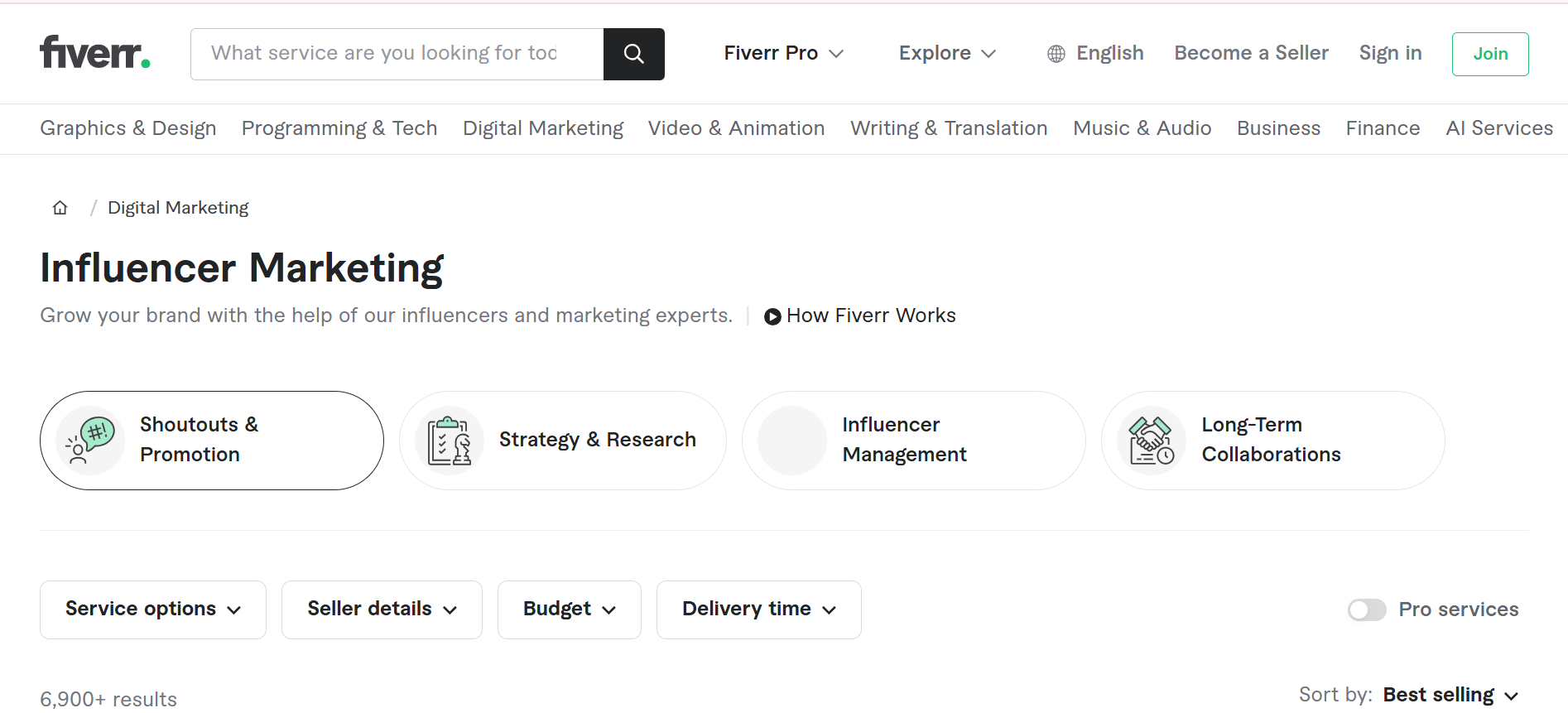
Partnering with influencers allows you to tap into their established audiences. Influencer marketing is a great traffic source for brands looking to build credibility and drive traffic from social media channels. It works well for promoting products, events, and even blog content.
Key benefits:
- Leverages the influencer’s authority
- Suitable for brand awareness and direct traffic
- Can target niche audiences effectively
8. Referral Traffic
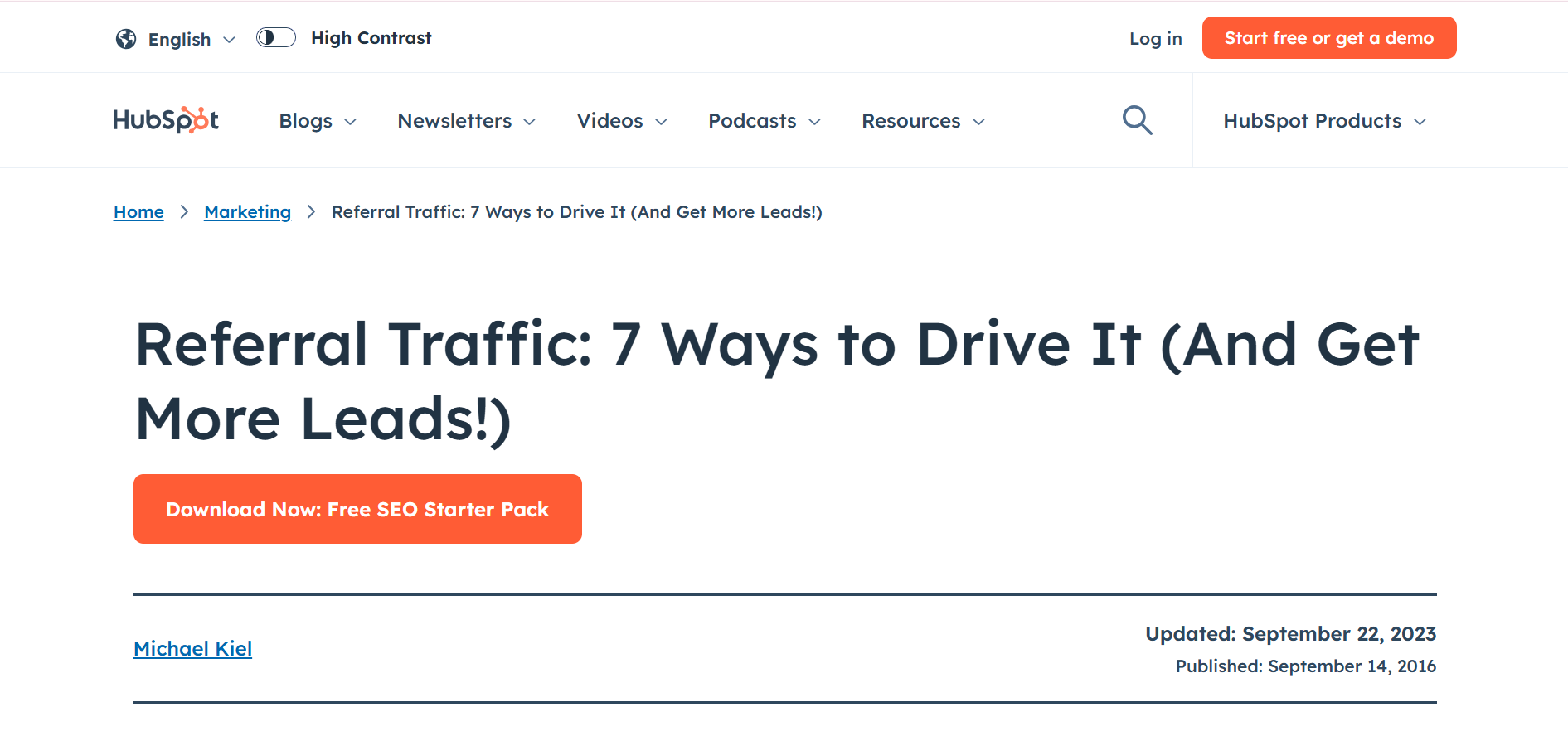
Referral traffic comes from visitors clicking on links to your website from other websites. Building relationships with industry-related blogs, news outlets, or partners and getting featured in their content can help increase referral traffic. Participating in guest blogging or publishing on third-party platforms can also boost your referral traffic.
Key benefits:
- Often results in high-quality, relevant visitors
- Good for SEO (backlinks)
- Helps increase brand exposure
9. Video Marketing
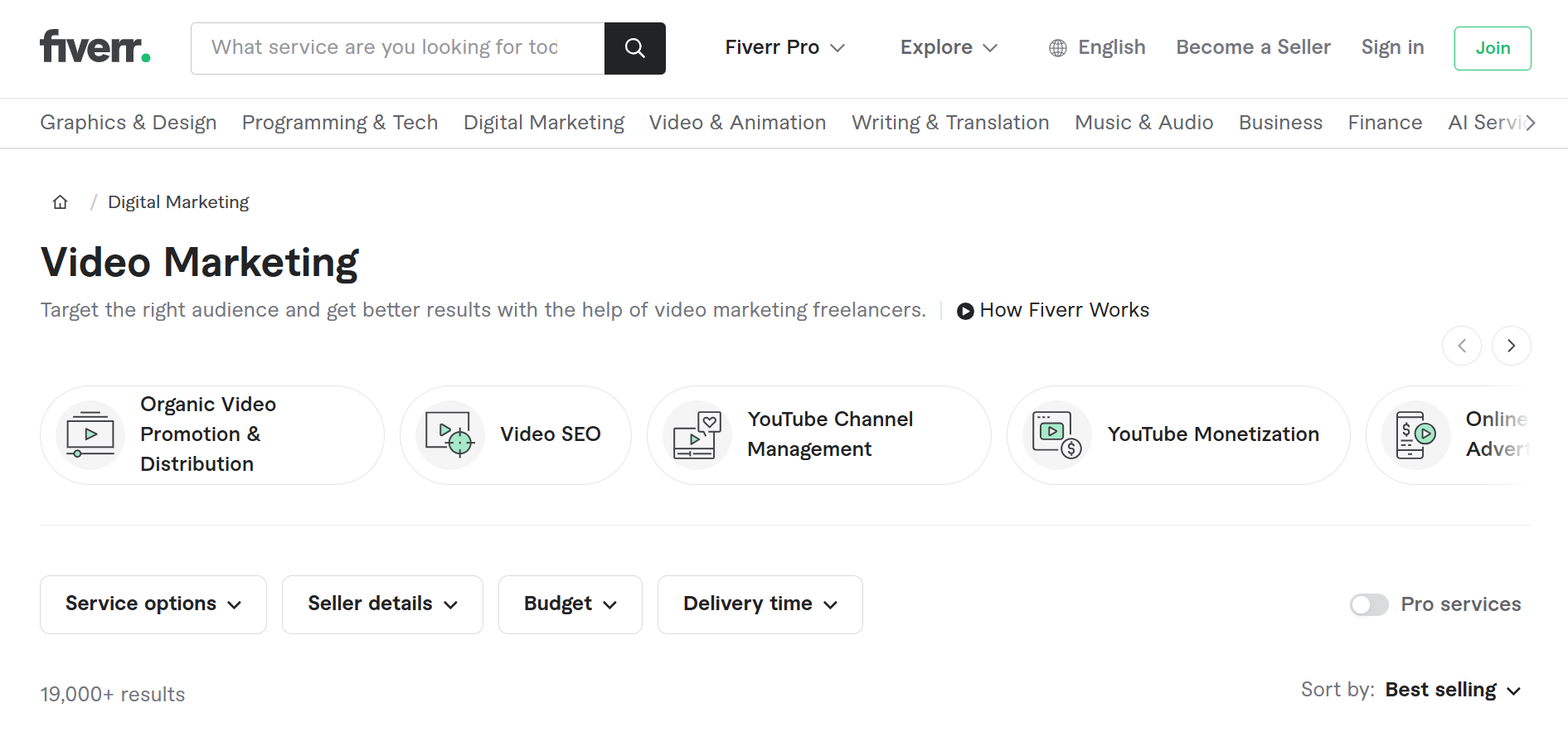
Video marketing is becoming increasingly popular, with platforms like YouTube, Vimeo, and TikTok offering significant traffic-driving potential. Creating engaging video content that provides value to viewers can direct a substantial amount of traffic to your website. Include links in video descriptions and use call-to-actions (CTAs) to encourage viewers to visit your site.
Key benefits:
- High engagement rates
- Great for tutorials, product showcases, and storytelling
- Can improve SEO rankings
10. Podcast Promotion
Podcasts are a growing medium for content marketing, and they can drive significant traffic to your website. Promoting your podcast episodes on your website, including show notes and additional resources, can attract listeners who are interested in the topics you cover.
Key benefits:
- Builds authority and trust
- Reaches audiences who prefer audio content
- Encourages multi-channel engagement
11. Content Syndication
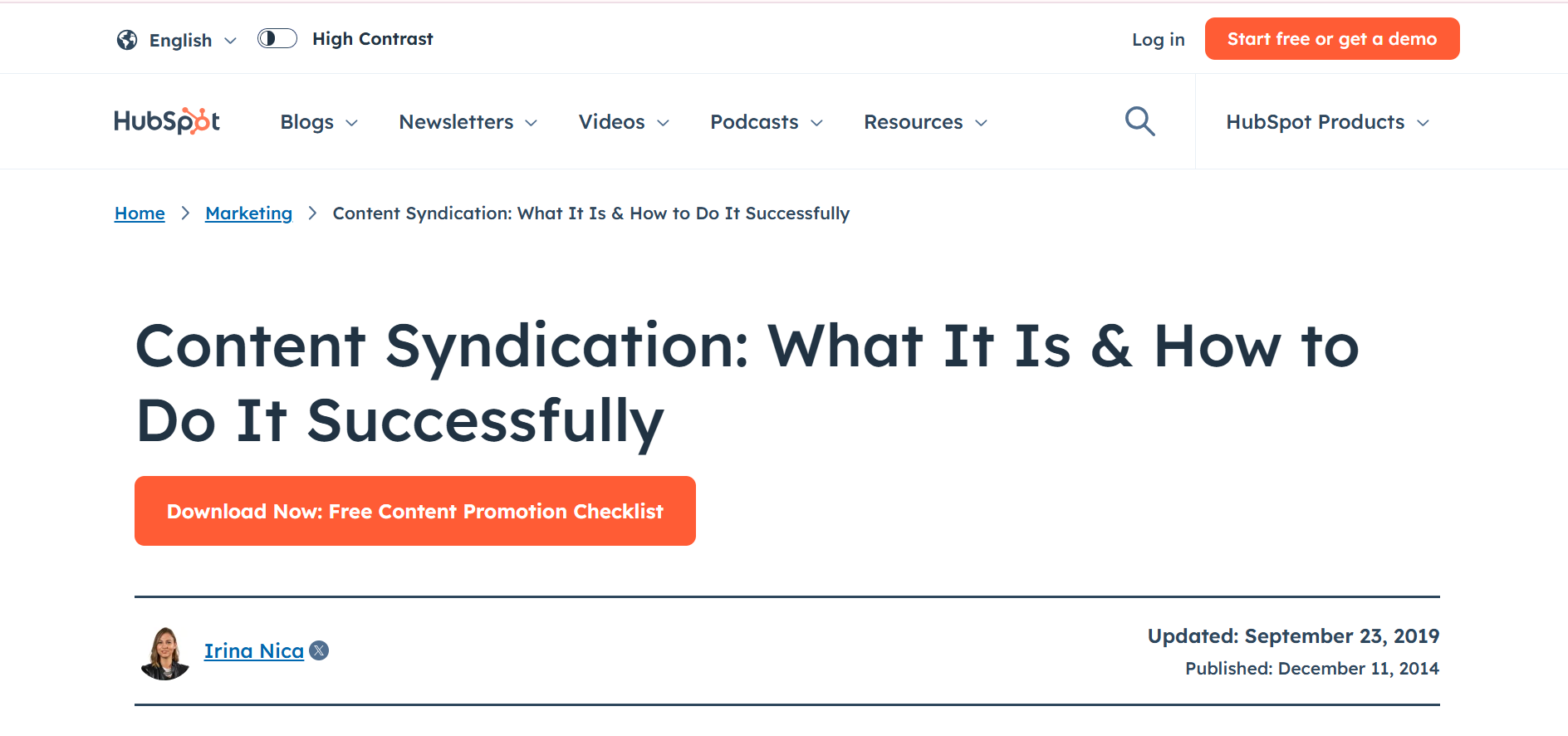
Syndicating your content to other platforms such as Medium, LinkedIn Pulse, or even industry-specific websites can help you reach a broader audience. It can drive more traffic to your website, especially when you include links back to the original content.
Key benefits:
- Expands content reach
- Increases visibility without creating new content
- Helps drive referral traffic
12. Community and Forum Engagement
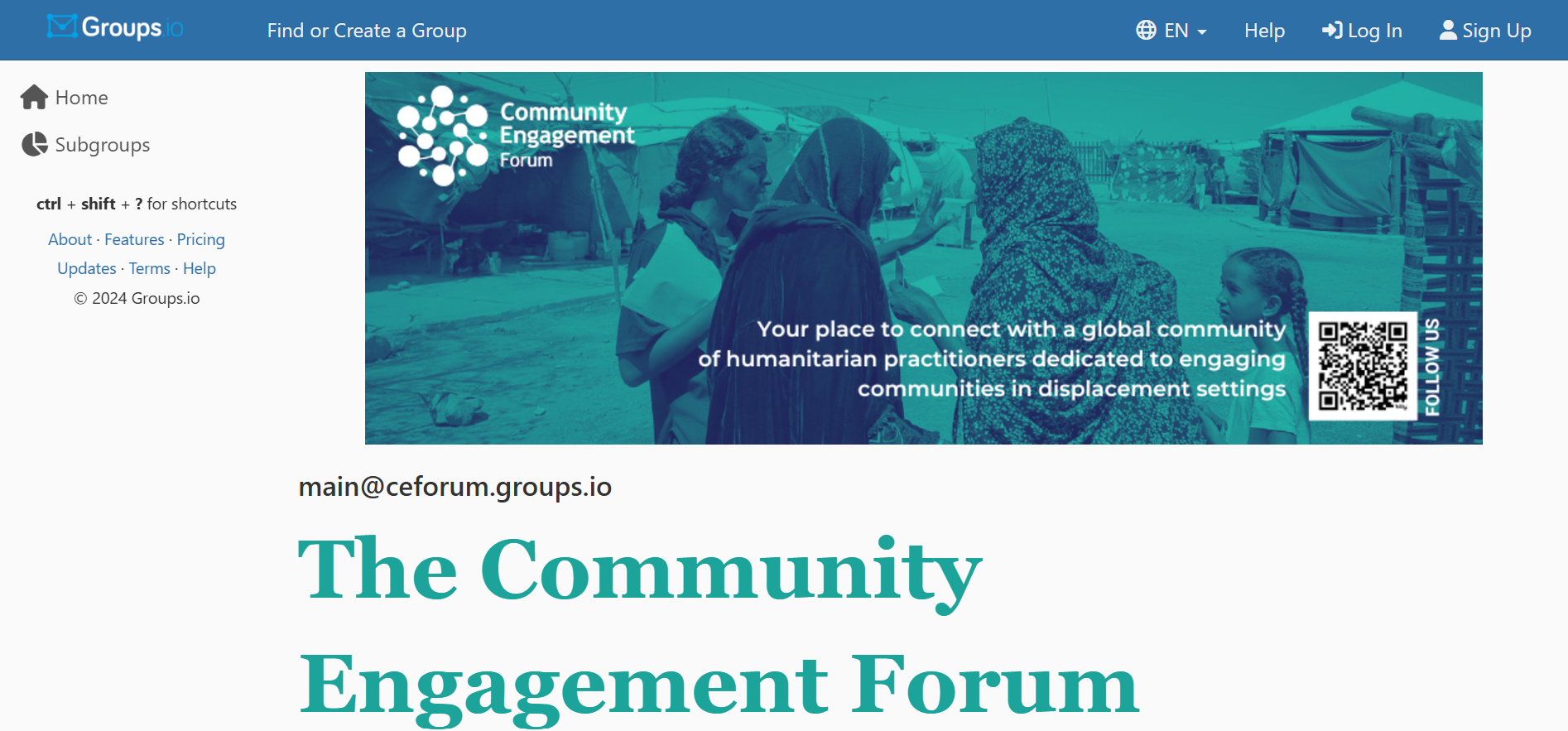
Engaging in online communities like Reddit, Quora, or niche forums can generate valuable traffic. By providing helpful answers and participating in discussions, you can position yourself as an authority and include links back to your website where relevant.
Key benefits:
- Helps establish credibility
- Directly engages with a niche audience
- Drives targeted traffic
13. Web Push Notifications
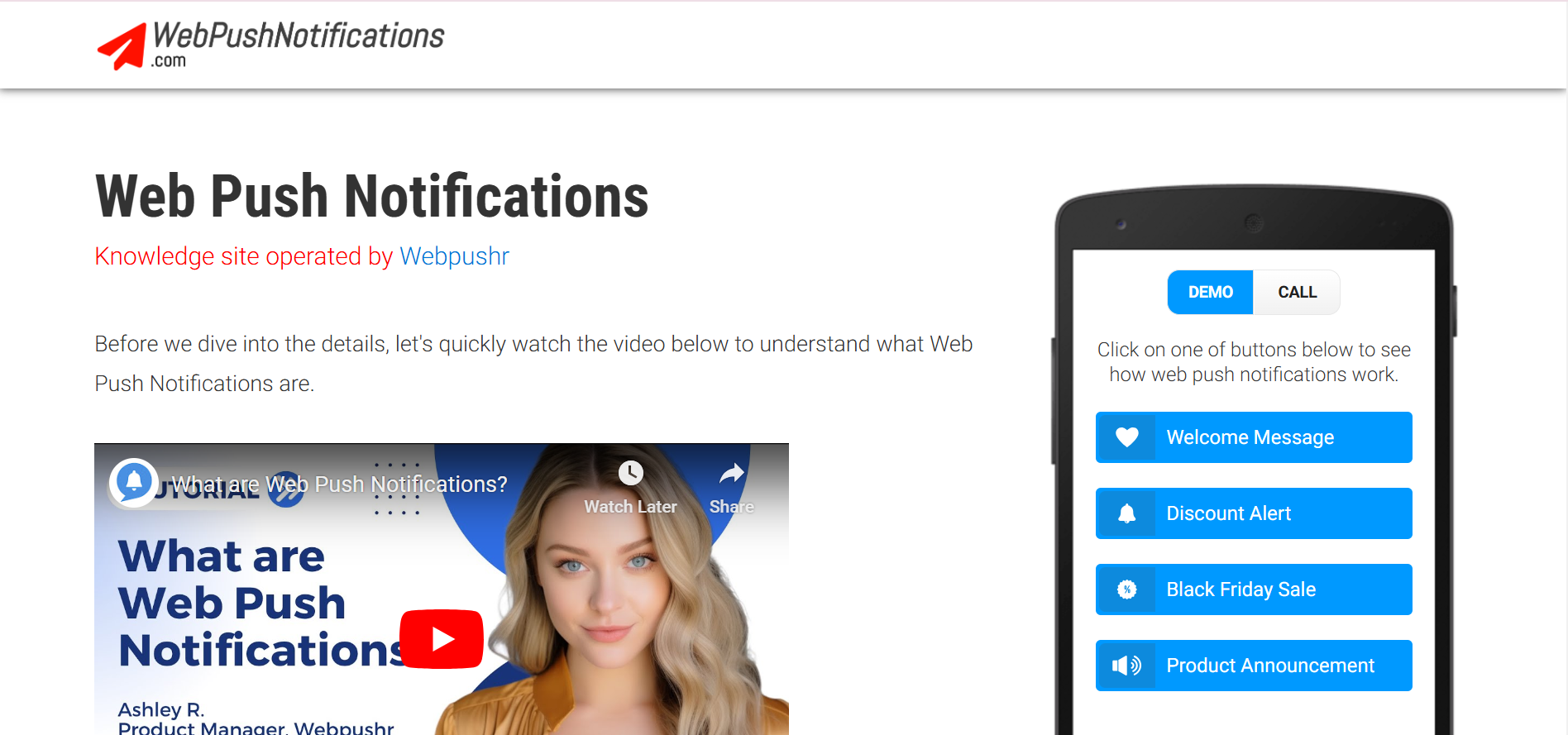
Web push notifications are a powerful tool for re-engaging visitors who have previously shown interest in your website. By sending targeted notifications about new content, products, or promotions, you can drive traffic back to your site.
Key benefits:
- High visibility and engagement rates
- Ideal for time-sensitive promotions
- Easy to implement
14. Press Releases
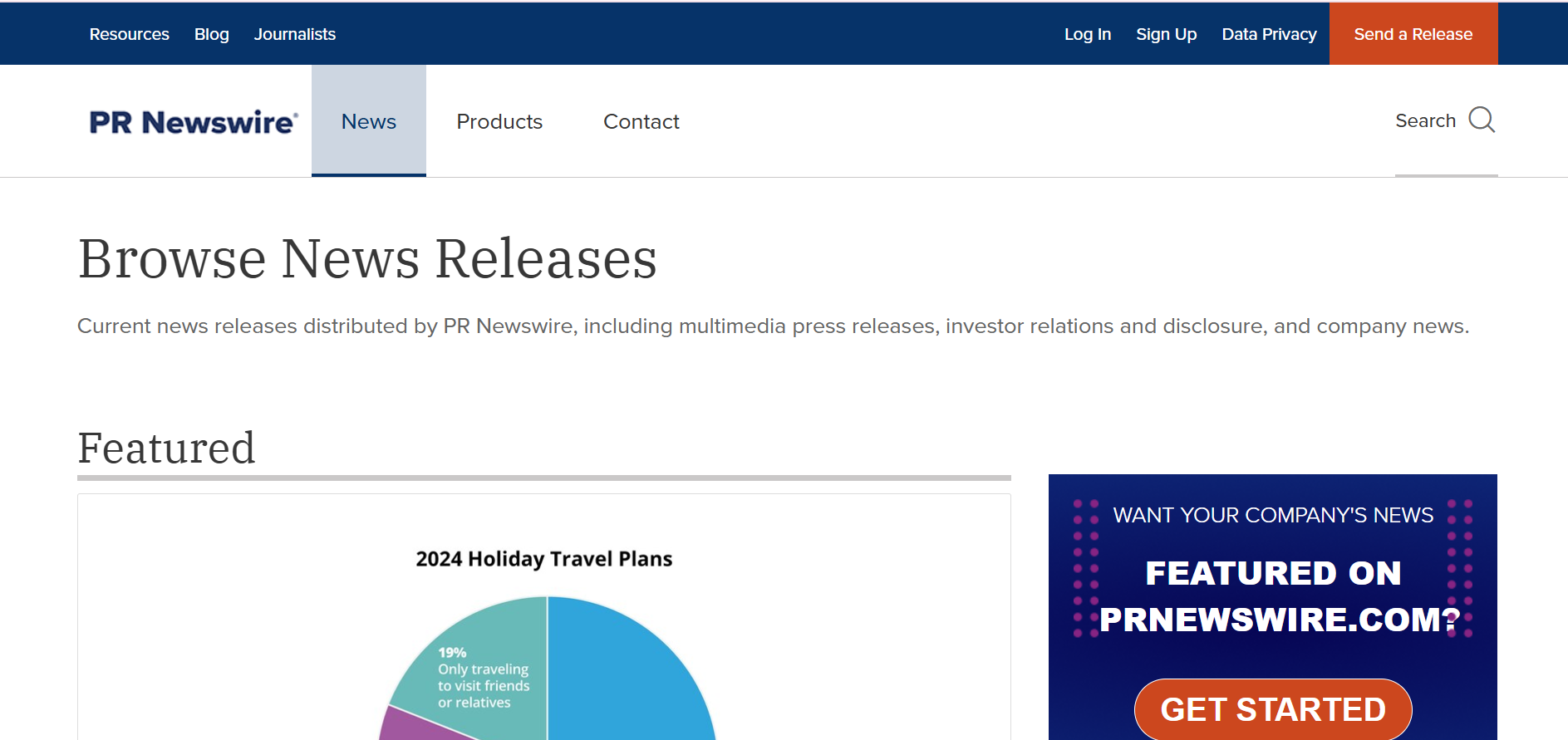
Press releases can help generate traffic, especially when distributed through major news outlets. By sharing significant updates, new products, or events, you can draw attention to your website and increase visits.
Key benefits:
- Increases brand credibility
- Reaches a broader audience through media coverage
- Supports SEO efforts
15. Guest Blogging
Guest blogging allows you to reach new audiences by contributing content to other websites in your industry. By including links back to your website, you can generate referral traffic and establish yourself as a thought leader.
Key benefits:
- Boosts SEO through backlinks
- Builds authority in your niche
- Reaches new, relevant audiences
How to Choose the Right Traffic Source for Your Website
Choosing the right traffic source depends on your website’s niche, target audience, and goals. Evaluate the strengths of each source and determine which aligns with your marketing objectives. Consider factors such as budget, desired audience, and content type to select the most effective traffic sources.
Best Practices for Maximizing Traffic from Each Source
- SEO: Regularly update your content with relevant keywords.
- Social Media: Schedule posts during peak engagement times.
- Paid Advertising: Use A/B testing to optimize ad creatives.
- Email Marketing: Segment your audience for personalized content.
- Referral Traffic: Build relationships with reputable websites.
- Content Syndication: Syndicate only high-quality content to maintain credibility.
Tools to Track and Analyze Your Traffic Sources
- Google Analytics: Offers comprehensive traffic source data.
- SEMrush: Tracks organic search traffic and competitor analysis.
- Ahrefs: Provides backlink data and SEO metrics.
- Hotjar: Analyzes user behavior on your website.
- UTM Parameters: Tracks the performance of your marketing campaigns.
Conclusion
Understanding and leveraging diverse traffic sources is essential for growing your website in 2025. Each traffic source has unique advantages, and the best results often come from combining multiple methods. Experiment with different traffic sources, analyze the outcomes, and adjust your strategies for optimal performance.
Frequently Answered Questions (FAQs)
What is a traffic source?
A traffic source is where your website’s visitors originate from, such as search engines, social media, or direct URL entries.
How can I increase traffic to my website?
You can increase traffic by optimizing for SEO, using social media, running paid ads, and engaging in email marketing.
Which traffic source is the best?
There is no one-size-fits-all answer; the best source depends on your niche, goals, and audience. Experiment with different sources to find what works for you.
How can I track my traffic sources?
Tools like Google Analytics, SEMrush, and Ahrefs can help you monitor and analyze your website’s traffic sources.
Is paid traffic better than organic traffic?
Paid traffic provides immediate results, while organic traffic offers long-term benefits. Combining both can yield the best outcomes.
